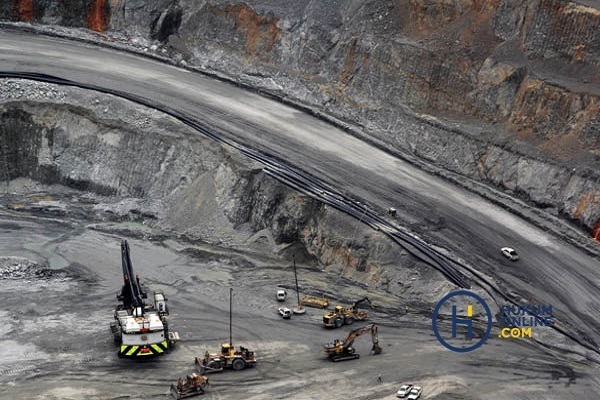Prevention must begin to focus on improving the preparation of regulations and licensing policies in the mineral and coal mining sector. The government must ensure that the process of formulating policies and regulations is carried out in a transparent and participatory manner.

The problem of corruption in the mineral and coal sectors needs special attention from various parties. The reason is that a series of repeated cases in the mineral and coal sector shows that this capital-intensive sector is prone to corruption. Moreover, this series of bribery in the mineral and coal sector is categorized as ‘state capture.’
The National Coordinator of PWYP Indonesia, Aryanto Nugroho, conveyed this on Friday (11/8/2023). “Where corruption is not merely administrative involving bribes or facilitation payments, but corruption through its roots, namely corruption through regulations,” he said in his statement, Friday (11/8/2023).
According to him, the Attorney General’s Office (AGO) said that corruption in the mineral and coal sector stems from a limited meeting to discuss and decide to simplify the assessment aspects of the mining company’s Budget Work Plan and Cost (RKAB), as regulated by Minister of Energy and Mineral Resources Decree Number: 1806K/30/MEM/2018 dated April 30, 2018. Therefore, the government’s concern should be the type of corruption that can make and change policies to advance the interests of specific groups.
For him, prevention must begin to focus on revamping the preparation of regulations and licensing policies in the mineral and coal mining sector. The government must ensure that the process of formulating policies and regulations is carried out in a transparent and participatory manner. That way, it is no longer decided in limited meetings involving only certain officials and entrepreneurs.
“But it must be opened to the public, including the involvement of civil society groups and affected communities,” he added.
PWYP Indonesia reminded us that one of the problems triggering ‘state capture’ is the lack of attention to the rampant potential for conflicts of interest in the mineral and coal mining sector. Such as concurrent positions of ministry officials as commissioners of BUMN or mining companies.
He assessed that this case also opened the veil of an ‘iceberg’ of problems related to the vulnerability of corruption in managing mineral and coal mining RKAB. Referring to data from the Ministry of Energy and Mineral Resources as of August 2023, which recorded 31 holders of Contracts of Work (KK), 59 Coal Contracts of Work (PKP2B), 9 Special Mining Business Licenses (IUPK), 852 Mineral Production IUPs, 908 Coal Production IUPs, for example, requires DG Minerals and Coal officers to review the RKAB of the number.
Source: Online Law